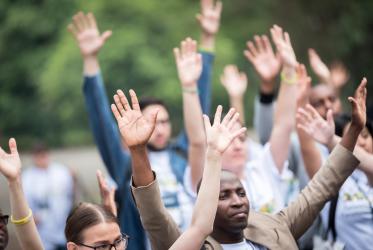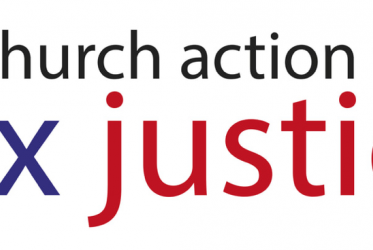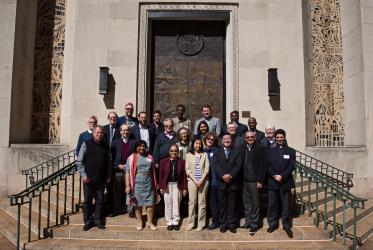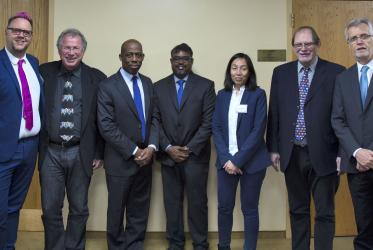Displaying 61 - 80 of 80
Echte wirtschaftliche Reformen bleiben bisher leider aus, sagt ÖRK
07 November 2018
Real economic reform still sadly missing, says WCC
07 November 2018
WCC’s Phiri speaks on globalisation and justice
24 September 2018
“Church Action for Tax Justice” begins in UK
02 May 2018
Panel addresses economic and climate injustice
24 April 2018
New economic architecture focus of New York meeting
22 April 2018
3rd Meeting of the Ecumenical Panel on a New International Financial and Economic Architecture (NIFEA)
21 - 22 April 2018
New York, United States
Sekolah GEM diakhiri dengan harapan untuk masa depan yang lebih baik
15 September 2016
GEM課程圓滿結束 期盼明天更好
15 September 2016
GEM school ends with hope for a better tomorrow
08 September 2016
A just financial and economic architecture is possible, students find
08 September 2016







